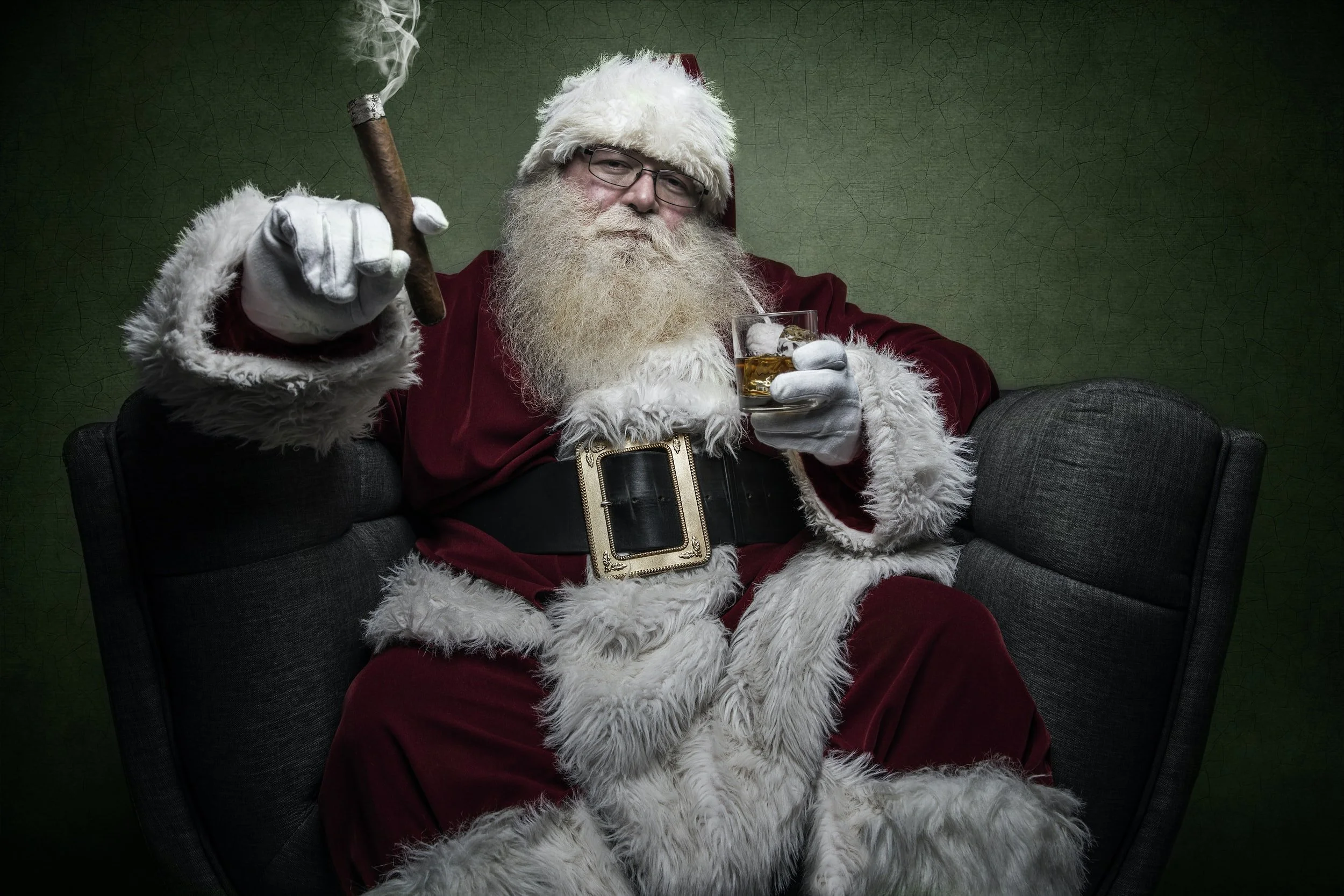Confirmation Bias
This article is the fourth in an ongoing series focused on the different cognitive biases. My hope for you is that you learn to be aware of the processes that guide your thinking and become a better human being.
For readers who aren't familiar with the term, a cognitive bias is a processing error in the mind that happens when humans are interpreting information — in turn, it affects decision making. For a more detailed description, read the first article in the cognitive bias series... https://hypnosisforhumans.com/articles/confabulation.
If you're reading this article in 2120, I hope that humans have developed their ability to think critically, conduct proper research, and understand confirmation bias by now.
I want humans to be excited when one of their beliefs is proven wrong and happily accept the new findings.
As I write this in 2021, mask-wearing is not only politicized but is also a platform for humans to show how insane they can be. Medical professionals have proven that wearing a mask helps to stop the spread of COVID-19. Masks give the wearer minimal protection, but they measurably help prevent the transmission of COVID-19 to another human — you wear a mask to protect others, not yourself.
Humans against wearing a mask fall into a few categories (These are all real.)…
I don't want to wear a mask. (In other words, I don't care if I infect or kill someone.)
Wearing a mask doesn't help. (Although it's proven to slow the spread of COVID-19.)
It's against my constitutional rights to make me wear a mask. (I'm pretty sure it's not.)
COVID-19 is not real; it's a government conspiracy. (And Earth is flat.)
Masks restrict the amount of oxygen supplied to my body, and I could die. (This is why surgeons and other medical professionals die every day of hypoxia when performing operations.)
Wearing a mask is the mark of the devil. (This might be my favorite.)
These beliefs are due to a lack of critical thinking and little to no research, and confirmation bias locks these beliefs in your mind.
What is confirmation bias?
Confirmation bias is the tendency for humans to interpret new evidence as confirmation of one's existing beliefs or theories.
For example, if you search for sources that support your belief on the internet, you will find them. This doesn't necessarily mean that your belief is correct; it simply means that others support the same view — correct or incorrect.
Until you learn to think critically, know how to conduct unbiased research, and understand that everyone is susceptible to confirmation bias, you may be part of the problem.
Allow me to explain... Suppose you believe that wearing a mask will cause hypoxia (low oxygen in your blood). You're likely to Google something such as… "Does wearing a mask cause hypoxia?" Google will then present you with a list of sites containing the keywords you used to search. This will undoubtedly lead you to sites supporting the belief that masks cause hypoxia.
On the other hand, imagine implementing critical thinking, conducting unbiased research, and being open to the possibility that the belief you hold is incorrect. You might learn everything you can about hypoxia, how masks are made, what materials masks are made from, and how different things pass through the masks. Armed with this information, you can now make an informed decision based on the facts — not from possibly flawed data that simply supports your current belief.
I will listen to anyone who holds a belief based on science and is willing to be proven wrong — as I am willing to be. This is how humans move forward and better themselves.
If you never changed any of your beliefs when presented with new data, you might have ended up leaving a great party early because you wanted to be in bed before Santa arrived.
Take a moment to think of beliefs that you used to have that are no longer valid.
I used to believe that I had to wait 30 minutes to swim after I ate. My parents were ardent proponents of this rule. I now know this "rule" was included in a Boy Scout handbook in 1908. Their handbook warned that if humans didn't wait at least 90 minutes before swimming, they might drown, and "it will be your own fault." No one seems to know where the Boy Scouts got this idea for their handbook. This is why I believe that it's okay to let a Boy Scout help you across the road but never take medical advice from them.
Every human should learn (and teach others) how to accept and analyze beliefs contrary to their own. If we can recognize and suspend our initial instinct to double down, we can then entertain the possibility that our belief may be wrong.
Your level of intelligence is determined in the space between learning a contrary belief and deciding to double down on what you currently believe or surrender to the possibility that you could be wrong.
Don't fall into the trap of confirmation bias.
